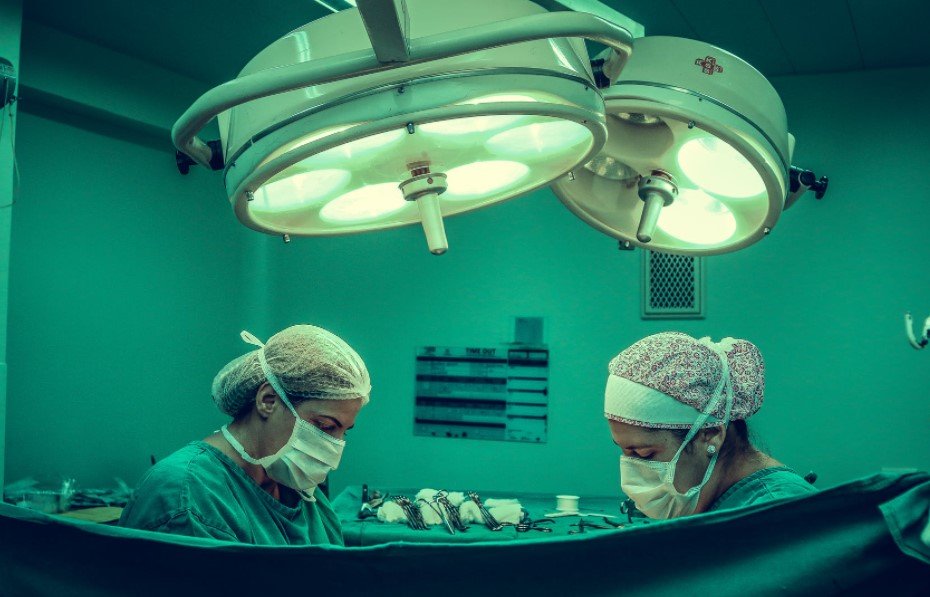When the cartilage and bone joints in your knees break down due to intense exercise or osteoarthritis, you may require knee replacement surgery to help you move better and freely.
However, while the surgery addresses a wide range of knee problems, it can be painful. Recovery can take up to six months, and it is accompanied by soreness. Unfortunately, most people who undergo knee operations don’t seek help and are forced to live with the pain.
Table of Contents
1. Hot or cold therapy
If you are looking for a drug-free remedy to postoperative pain for knee surgery, then hot/cold therapy should be top of your list.
Applying ice packs or hot pads at the point of pain during the recovery process will help in reducing pain and swelling. However, remember you need to get the temperature and the timing right for the best results.
You can also use an ice therapy machine for knee surgery or instant relief of pain that won’t go away.
2. Take an anti-inflammatory diet
Most people don’t know that the right choice of diet is good for pain relief. Fish oil, turmeric, and ginger supplements are some of the foods known for reducing inflammation and muscle stiffness after surgery. Vitamin K-rich leafy vegetables like spinach are also great for alleviating pain during recovery.
Fruits like blackberries, raspberries, and cherries also help. You are encouraged to take whole grains and plant-based proteins as they contain anti-inflammatory compounds. Avoid sugary foods during this period as they produce inflammatory messengers known as cytokines.
High-fat foods and processed meats also cause inflammation.
3. Indulge in physical activity
Avoiding physical activity can make your muscles stiff and increase soreness and swelling. Mild activities like walking will help in the recovery process by strengthening your muscles and reducing stiffness.
However, it is essential to consult your doctor as the wrong physical activities can worsen things. Therefore, physical exercises are highly recommended for up to three months after the surgery.
Straight leg raises, quadriceps sets, ankle pumps, and knee straightening exercises can easily be done at home to reduce pain and speed recovery.
4. Medications
Your doctor should give you a combination of medications for pain relief during recovery. Most surgeons prescribe nonsteroidal anti-inflammatory drugs (NSAIDs), steroids, Tylenol, and injection of local anesthetics.
Muscle relaxants such as diazepam are also recommended for extreme pain. However, the patients must stick to the prescription and use it for short-term relief as they are addictive. Topical analgesics such as deep heat cream offer pain relief.
It is essential to discuss the side effects of the pain medications with your doctor and establish the most suitable options for you.
Conclusion
Apart from the usual pain experienced after knee surgery, the other reasons for pain after the procedure include infection, implant issues, and alignment issues. Hot or cold therapy is one of the drug-free remedies for pain.
Taking an anti-inflammatory diet and doing physical exercise will also make your situation better. Your doctor will also recommend a combination of medications for pain relief.

